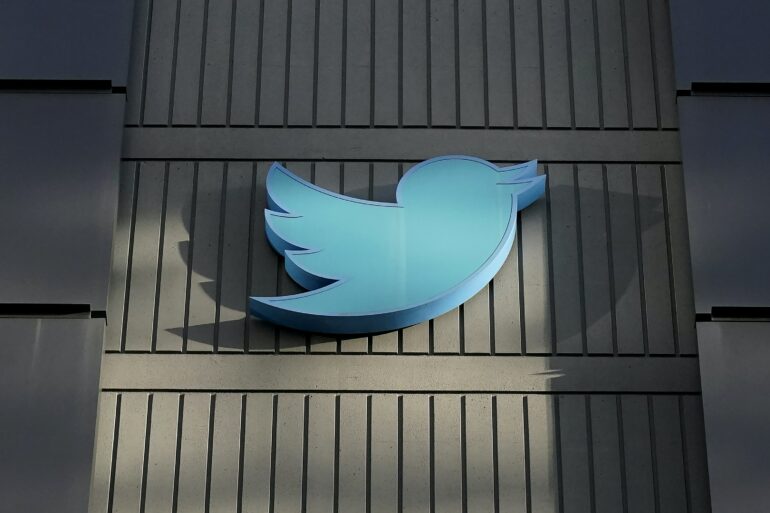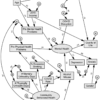Elon Musk announced that “the bird is freed” when his US$44 billion acquisition of Twitter officially closed on Oct. 27, 2022. Some users on the microblogging platform saw this as a reason to fly away.
Over the course of the next 48 hours, I saw countless announcements on my Twitter feed from people either leaving the platform or making preparations to leave. The hashtags #GoodbyeTwitter, #TwitterMigration and #Mastodon were trending. The decentralized, open source social network Mastodon gained over 100,000 users in just a few days, according to a user counting bot.
As an information scientist who studies online communities, this felt like the beginning of something I’ve seen before. Social media platforms tend not to last forever. Depending on your age and online habits, there’s probably some platform that you miss, even if it still exists in some form. Think of MySpace, LiveJournal, Google+ and Vine.
When social media platforms fall, sometimes the online communities that made their homes there fade away, and sometimes they pack their bags and relocate to a new home. The turmoil at Twitter is causing many of the company’s users to consider leaving the platform. Research on previous social media platform migrations shows what might lie ahead for Twitter users who fly the coop.
Elon Musk’s acquisition of Twitter has caused turmoil within the company and prompted many users to consider leaving the social media platform.
Several years ago, I led a research project with Brianna Dym, now at University of Maine, where we mapped the platform migrations of nearly 2,000 people over a period of almost two decades. The community we examined was transformative fandom, fans of literary and popular culture series and franchises who create art using those characters and settings.
We chose it because it is a large community that has thrived in a number of different online spaces. Some of the same people writing Buffy the Vampire Slayer fan fiction on Usenet in the 1990s were writing Harry Potter fan fiction on LiveJournal in the 2000s and Star Wars fan fiction on Tumblr in the 2010s.
By asking participants about their experiences moving across these platforms – why they left, why they joined and the challenges they faced in doing so – we gained insights into factors that might drive the success and failure of platforms, as well as what negative consequences are likely to occur for a community when it relocates.
‘You go first’
Regardless of how many people ultimately decide to leave Twitter, and even how many people do so around the same time, creating a community on another platform is an uphill battle. These migrations are in large part driven by network effects, meaning that the value of a new platform depends on who else is there.
In the critical early stages of migration, people have to coordinate with each other to encourage contribution on the…



